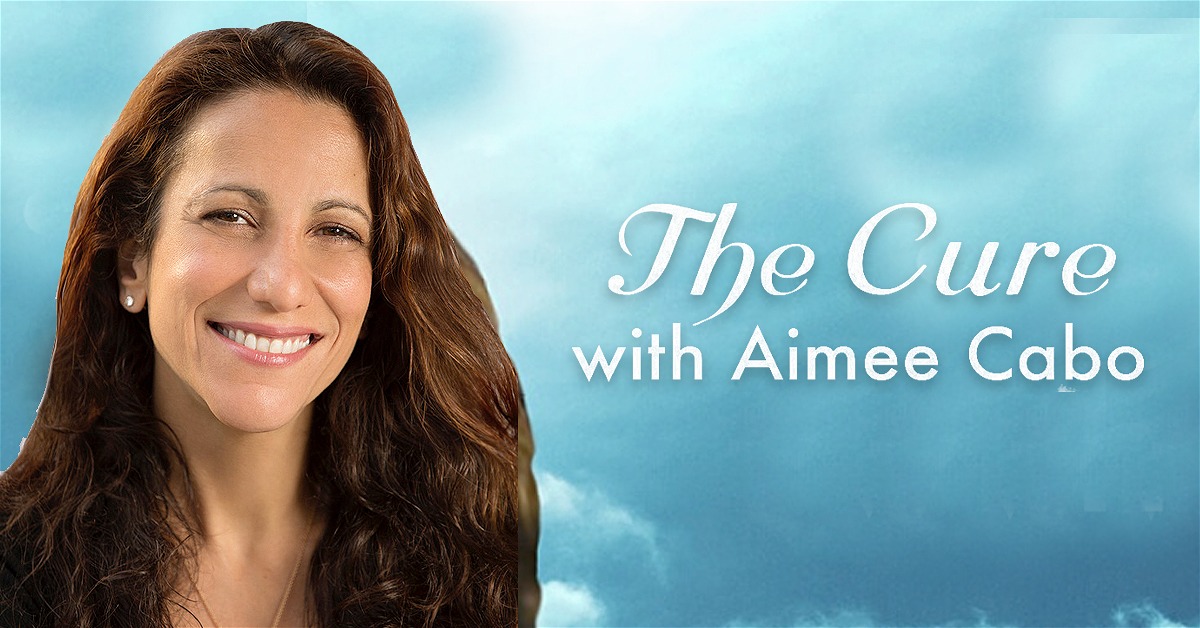Recovery from trauma can be a daunting journey, fraught with challenges that seem insurmountable. Yet, for many individuals, faith becomes a beacon of hope amidst the darkness, providing strength and resilience to navigate through the storm. In this exploration, we delve into the profound impact of faith in the process of healing and overcoming trauma with the help of experts like Aimee Cabo. From finding solace in spiritual practices to drawing upon the power of belief, faith can serve as a powerful ally in the journey toward recovery.
The Role of Faith in Coping with Trauma
In the aftermath of trauma, individuals often grapple with overwhelming emotions and a sense of profound disorientation. Faith offers a sanctuary, a space where one can find refuge amidst the chaos. Through prayer, meditation, or engagement with religious communities, individuals can tap into a sense of connection and transcendence that provides comfort and reassurance. Research has shown that spiritual practices can alleviate symptoms of anxiety and depression, offering a sense of purpose and meaning in the face of adversity.
Moreover, faith provides a framework for making sense of suffering and finding hope in the midst of despair. Whether through the belief in a higher power or the conviction of a greater purpose, faith instills a sense of resilience that enables individuals to endure even the darkest of times. By surrendering control to a higher authority under the guidance of experts like Aimee Cabo, individuals can find peace in accepting what cannot be changed, while also finding the strength to persevere in their journey toward healing.
Building Resilience through Spiritual Communities
One of the most powerful aspects of faith lies in its ability to foster a sense of community and belonging. Spiritual communities offer a support network of individuals who share similar beliefs and values, providing a sense of camaraderie and solidarity in times of need. Whether through attending religious services, participating in group rituals, or engaging in acts of service, individuals can draw strength from the collective wisdom and compassion of their fellow believers.
Furthermore, spiritual communities often provide practical support and resources to aid in the process of recovery. From counseling services to support groups, these communities offer a holistic approach to healing that addresses the physical, emotional, and spiritual dimensions of trauma. By surrounding themselves with a supportive network of like-minded individuals with the help of experts like Aimee Cabo, individuals can find encouragement and inspiration to continue their journey toward recovery, knowing that they are not alone in their struggles.
Faith as a Source of Meaning and Purpose
In times of adversity, faith can serve as a guiding light, illuminating a path forward amidst the darkness. By anchoring oneself in core beliefs and values, individuals can find meaning and purpose in their suffering, transcending the limitations of their circumstances. Whether through a sense of divine providence or the conviction of a greater good, faith imbues life with significance, empowering individuals to find hope and resilience in the face of adversity.
Moreover, faith offers a sense of continuity and coherence amidst the chaos of trauma. By weaving together the threads of past, present, and future, faith provides a narrative framework that enables individuals to make sense of their experiences and chart a course toward healing. Through storytelling, rituals, and symbols, individuals can integrate their traumatic experiences into a broader narrative of growth and transformation, finding redemption in the process of overcoming adversity.
Overcoming Doubt and Skepticism
In the journey toward recovery, individuals may encounter moments of doubt and skepticism, questioning the efficacy of their faith in the face of overwhelming challenges. However, these moments of doubt can also serve as opportunities for growth and introspection. By embracing uncertainty and engaging in a process of questioning and exploration, individuals can deepen their understanding of their faith and cultivate a more resilient sense of belief.
Moreover, overcoming doubt requires a willingness to confront and challenge entrenched beliefs and assumptions. By engaging in critical reflection and dialogue with the help of experts like Aimee Cabo, individuals can cultivate a more nuanced and robust understanding of their faith, free from the constraints of dogma or orthodoxy. Through this process of inquiry and self-discovery, individuals can strengthen their faith and resilience, emerging from adversity with a deeper sense of conviction and purpose.
Integrating Faith into Therapeutic Practices
In recent years, there has been growing recognition of the importance of integrating faith-based practices into traditional therapeutic approaches. From mindfulness-based interventions to spiritually integrated psychotherapy, these approaches seek to harness the healing power of faith to promote holistic well-being. By incorporating spiritual practices such as meditation, prayer, and scripture into therapy sessions, clinicians can help clients cultivate a deeper sense of connection and meaning in their recovery journey.
Moreover, faith-based interventions can offer unique insights and resources for addressing the spiritual dimensions of trauma. By exploring themes of forgiveness, redemption, and transcendence, therapists can help clients make sense of their suffering within a broader framework of meaning and purpose. Through a collaborative and integrative approach, clinicians and clients can work together to navigate the complexities of trauma and foster a sense of hope and resilience in the process.
In the journey toward recovery from trauma, faith serves as a guiding light, illuminating a path forward amidst the darkness. From finding solace in spiritual practices to drawing upon the support of faith communities, individuals can harness the power of belief to overcome even the most profound challenges. By cultivating resilience, finding meaning, and integrating faith into therapeutic practices with the help of experts like Aimee Cabo, individuals can embark on a journey of healing and transformation, emerging from adversity with a renewed sense of hope and purpose. In the words of Martin Luther King Jr., "Faith is taking the first step even when you don't see the whole staircase." Through faith, we find the courage to take that first step, trusting that the journey toward healing and wholeness lies ahead.





Comments